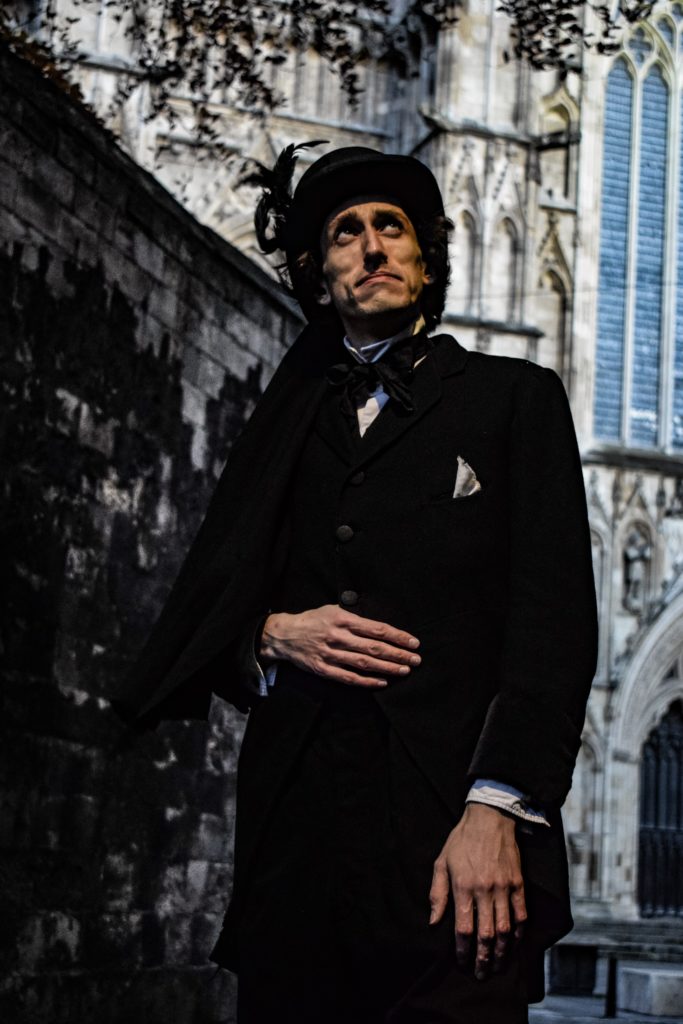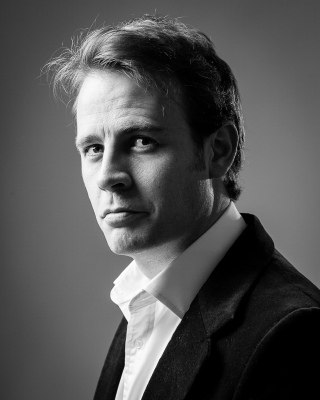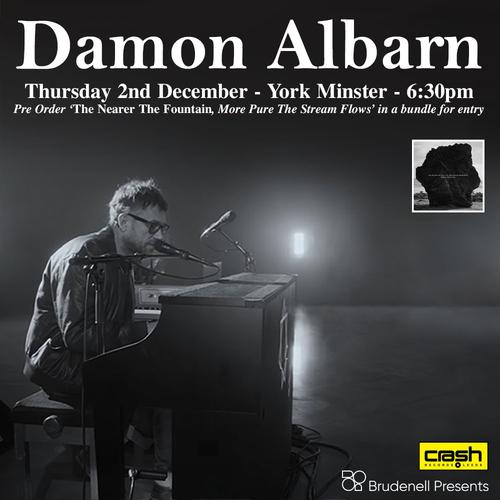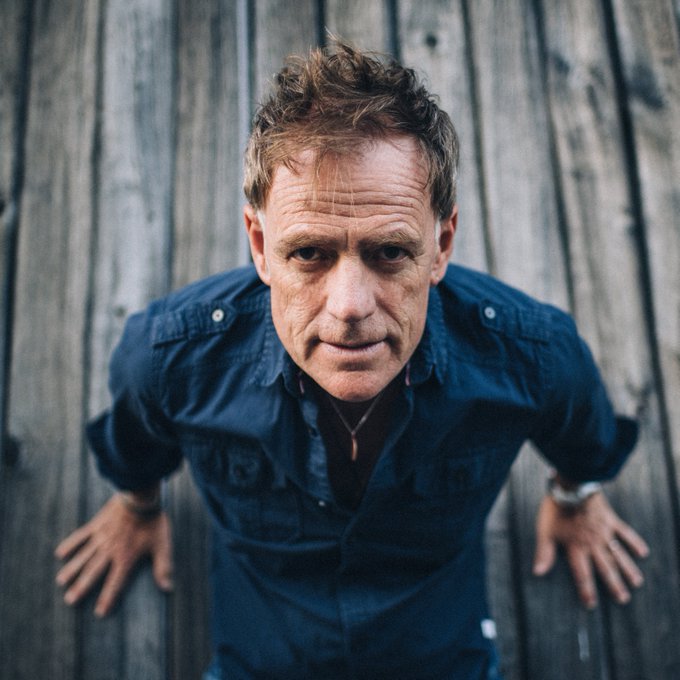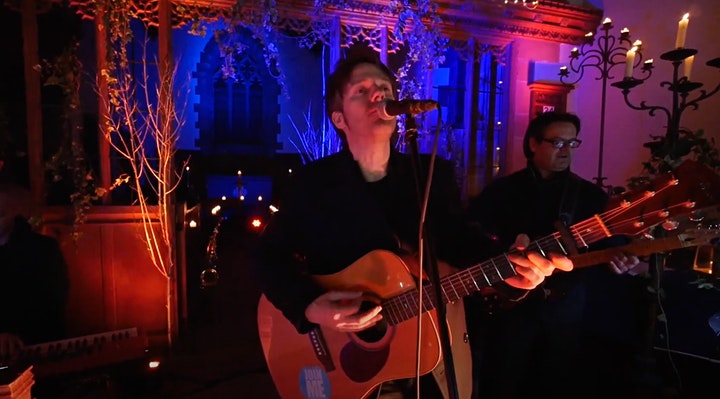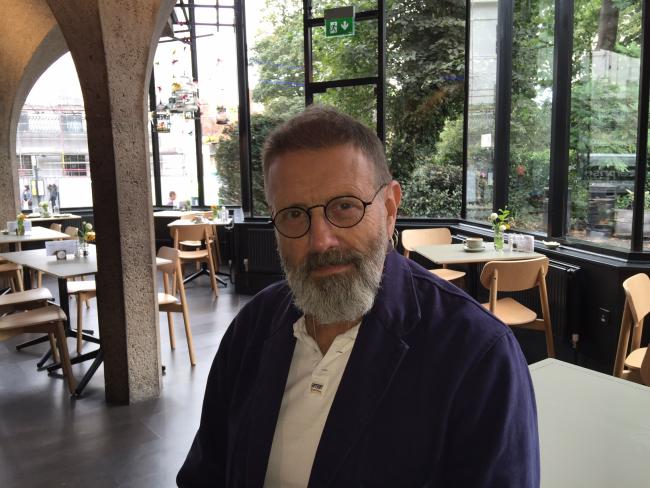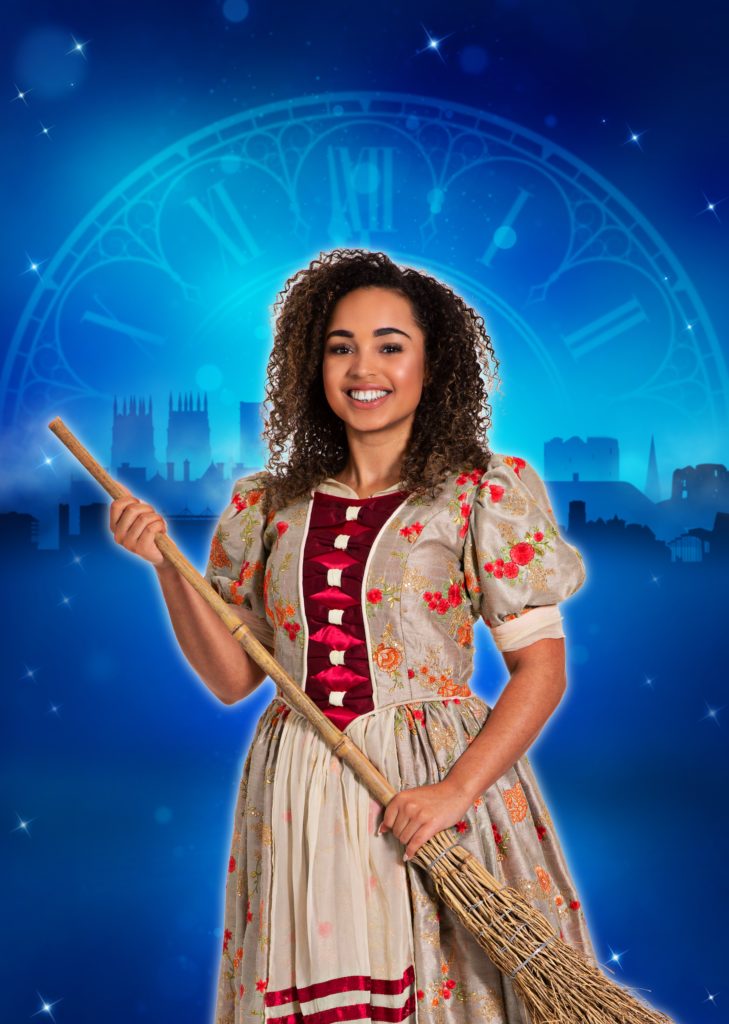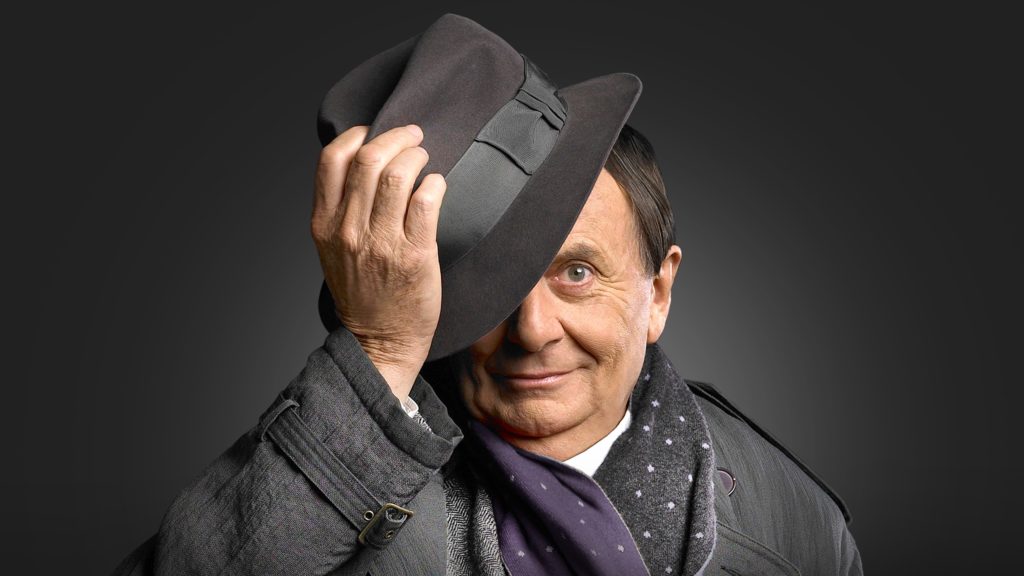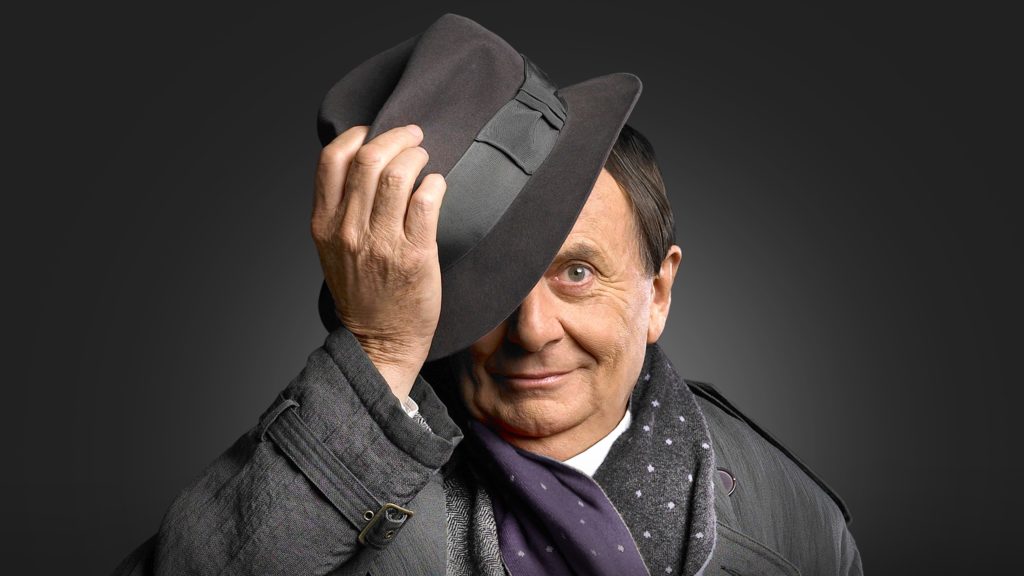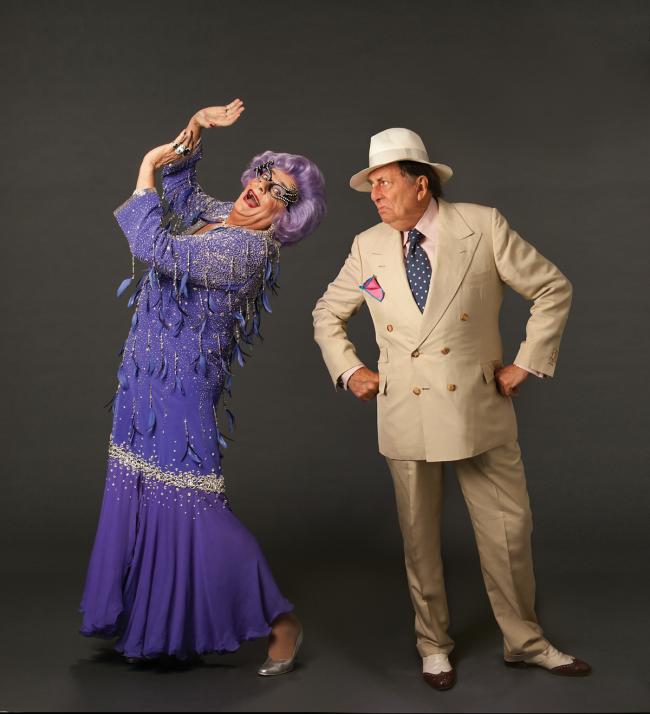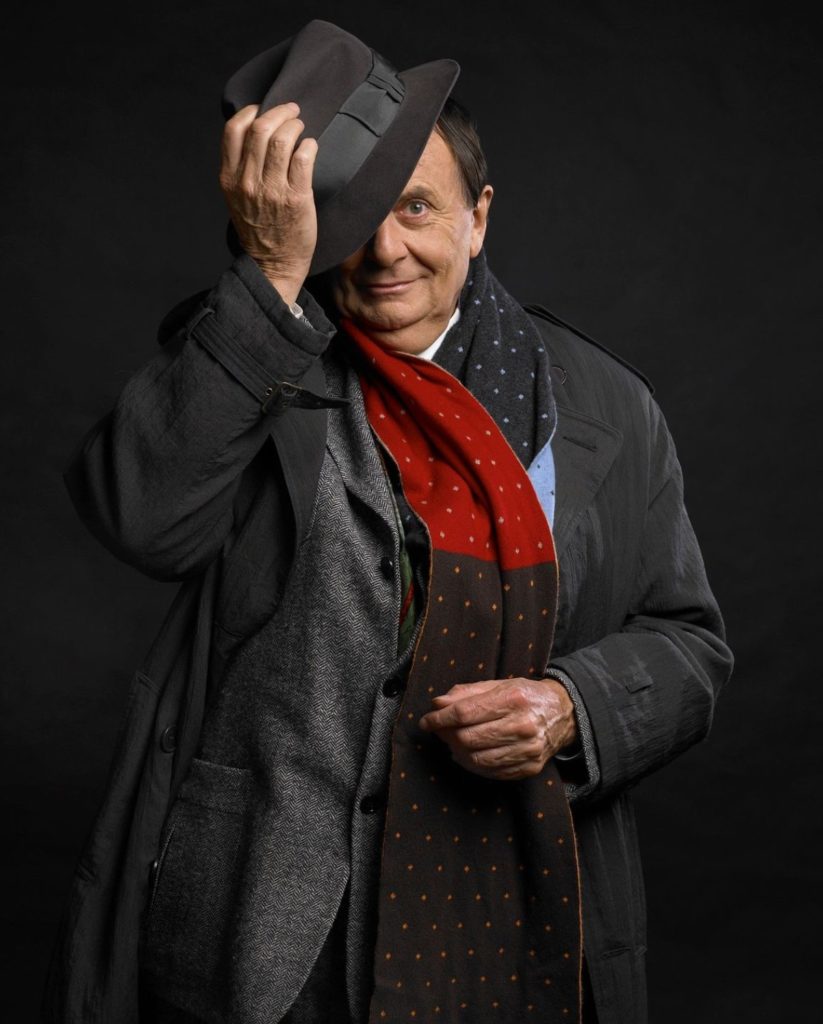
BARRY Humphries will reveal The Man Behind The Mask at the Grand Opera House, York, on April 13.
This one-man show comes fully eight years after his supposedly valedictory Yorkshire visit in February 2014, when the creator of Dame Edna Everage presented Eat Pray Laugh!, Barry Humphries’ Farewell Tour in a five-night run at Leeds Grand Theatre.
Now, in the only Yorkshire show of his 2022 tour, the veteran Australian actor, comedian, satirist, artist, author and national treasure will take a revelatory trip through his colourful life and theatrical career in an intimate, confessional evening, seasoned with highly personal, sometimes startling and occasionally outrageous stories of Dame Edna et al.
Peeling off his mask at the age of 88 to introduce the man behind the clown, Humphries says: “This is a show in which I am the principal character; it’s not Les [Sir Les Patterson], it’s not Edna, it’s not Sandy Stone. It is really about this character called ‘me’. I’m not in disguise.”
Superstar Melbourne housewife Dame Edna’s sequined frocks and uncouth Sydney cultural attaché Sir Les’s food-spattered ties may make cameo appearances – or “interruptions” – in film clips, but the primary focus will be on Humphries relating anecdotes and observations from life on and off stage.
“Frankly, I thought it would be a little easier. No need to dress up,” he says. “I’ve had a lot of extremely interesting, colourful, scary, joyous experiences in my life – and I’m quite good with audiences.”
Humphries premiered The Man Behind The Mask in Australia, where it was “very, very successful”. “In a way, it was my out-of-town try-out. Now I’m bringing it here,” he says. “I’ve written the whole show plus a new song called Alone At Last, which would bring a tear to a glass eye.’”
When he appears at the Grand Opera House next Wednesday, Humphries will be setting foot on stage for the first time in nearly three years. Is he scared? “Oh no, I’ll get back in the groove very quickly,” he asserts.
Reflecting on his stage renaissance at 88, Humphries says: “Yes, but it’s not as though I’m going to pass away mid-performance like poor Tommy Cooper. But is it brave? On the contrary, I’ve always thought of myself as quite cowardly. The sound of a cricket bat hitting a ball invariably causes me to duck.”
First and foremost, Humphries’ show is a comedy. “The most important thing is to get that first laugh. Then I’ll be back in my comfort zone,” he says.
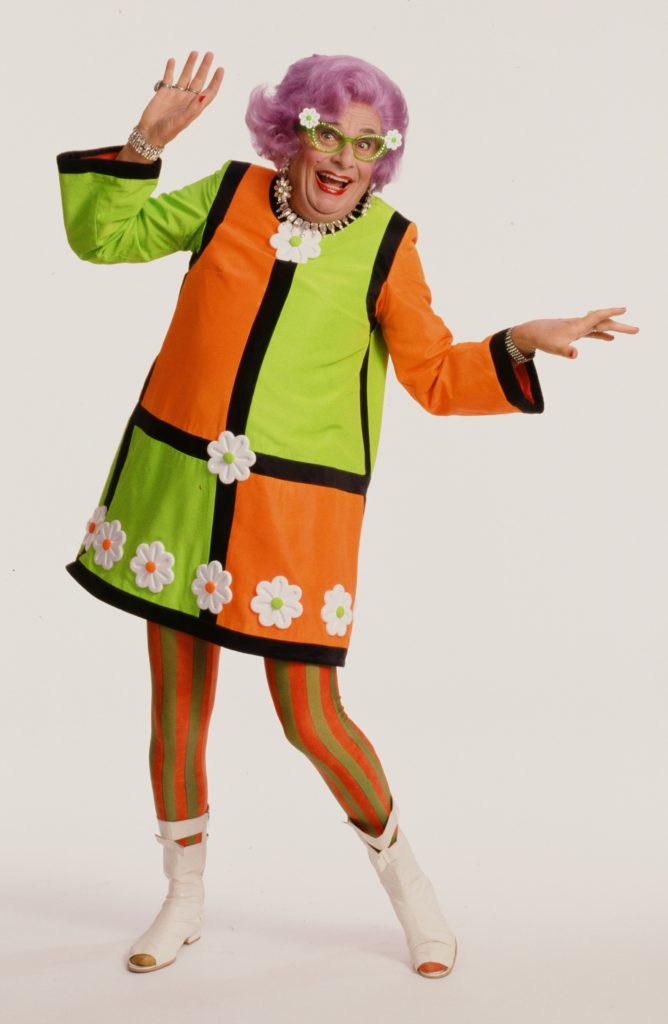
It was ever thus. After working in the wholesale department at EMI in his native Melbourne for a year in his late teens, he was taken on by Australia’s only touring repertory theatre company and was cast as Prince Orsino in Shakespeare’s comedy Twelfth Night. “Or should I say miscast? I had to wear tights and, when I walked on stage, I thought I heard a titter running round the audience,” recalls Humphries.
“Immediately, I tried to disguise the bottom half of my body. After three performances, the director said that my entrance was terrible. Why was I skulking behind the furniture?
“I explained that I thought my legs were ruining this serious play. He assured me his wife was of the opinion that I had very good legs, but then he added: ‘You must realise as an actor that you’re naturally ridiculous’.”
“Naturally ridiculous”, Barry? “Now, some people might regard that as a bit of an insult. I was 18 at the time and it could have shaken my confidence, but it didn’t,” says Humphries. “What it made me realise was that I was in the wrong department of theatre. Whether I liked it or not, I belonged in comedy.”
At the time, he considered himself to be a painter, mostly of landscapes, but caricatures too. Once at university, however, he began writing sketches for revues in the style of Noel Coward or Terence Rattigan.
‘Later on, I tried my hand at writing about what was in front of me,” Humphries says. “No-one at the time wrote about Australia in general and the suburbs in particular.”
Come the Melbourne Olympic Games in 1956, the repertory company director decided to present a revue and asked the 22-year-old Humphries to contribute material.
“There weren’t enough hotel rooms in the city, so people were encouraged to let international athletes stay in their spare rooms, so I wrote a sketch about a housewife called Edna who invited a muscular sportsman into her home,” he recalls.
In that first incarnation, Edna was “rather shy, very suburban, a little dowdy”. “But, in time, that changed. It was as though she started to assert herself,” says Humphries. “I’d wake up one day and she’d acquired those trademark glasses. Her confidence grew. Suddenly, there was an invalid husband, Norm; a gay son; a delinquent daughter, a silent bridesmaid, Madge.
“She took on a life of her own. It was as though she’d started writing her own script. I’d be on the side, observing with some admiration, Edna’s quips.”
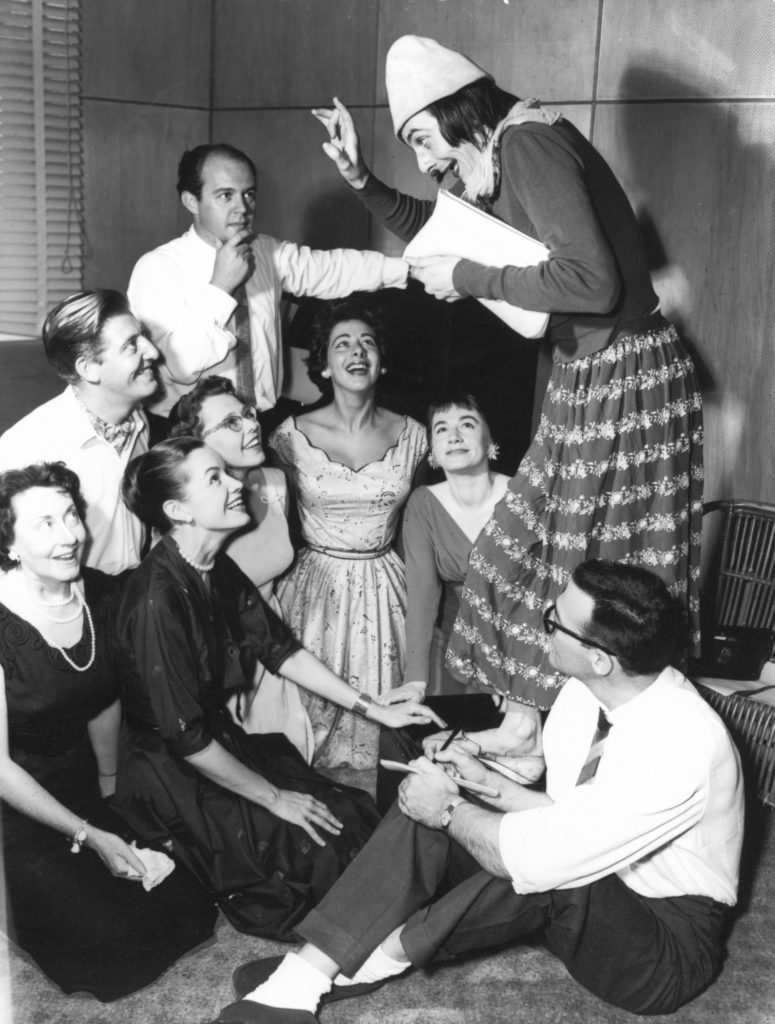
Nevertheless, by the early 1960s, Humphries decided that Edna had run her course. “But no, she proved indestructible, and she’s turned out to be a very useful mouthpiece,” he reappraises. “She can say things, for instance, about political correctness that I couldn’t possibly express.”
The same freedom applies to Sir Les’s coarse outbursts. “Absolutely. For example, I never swear in real life,” says Humphries. “Both characters are wonderful outlets. I’m very careful myself about what I might say. Edna and Sir Les, on the other hand, can point to the nudity of the emperor.”
Off stage, Humphries has conducted a somewhat lively private life. Married four times and father to two daughters from his second marriage and two sons from his third, he and fourth wife, Lizzie, tied the knot in 1990. Why has marriage endured this time? “Oh, because I’m a bit smarter now,” he says.
“The truth is that I’m not a very easy person to be married to. For over ten years of my life, I had a serious alcoholic illness.” So much so, his out-of-control drinking culminated in Humphries being found unconscious in an Australian gutter.
“I’d been beaten up, almost certainly by two or three policemen who I’d been cheeky to – let us say – the previous day. They didn’t like that and took their revenge,” he says.
It was to prove a turning point. ‘If you’re dependent on alcohol for your happiness or your comfort or merely to function, it’s not only degrading but you head in one direction – and that’s downwards,” Humphries says.
“I finally put the cork in the bottle when I was 38 and I haven’t touched a drop of alcohol from that day to this. But I know many alcoholics who have chastening experiences and yet carry on drinking.”
His long-held philosophy is to live in the present. “That’s a very hard thing to do but a very good spiritual exercise,” Humphries says. “I’m happier since the arrival of my grandchildren. I’m relating to them in a way I didn’t get round to doing with my own children. That’s a major regret. I’m trying to make up for the years lost to alcoholism.”
Barry Humphries, The Man Behind The Mask, Grand Opera House, York, April 13, 7.30pm, with an opportunity for audience questions. Tickets update: Still available on 0844 871 7615 or at atgtickets.com/york.
By Charles Hutchinson and Richard Barber. Copyright of The Press, York

